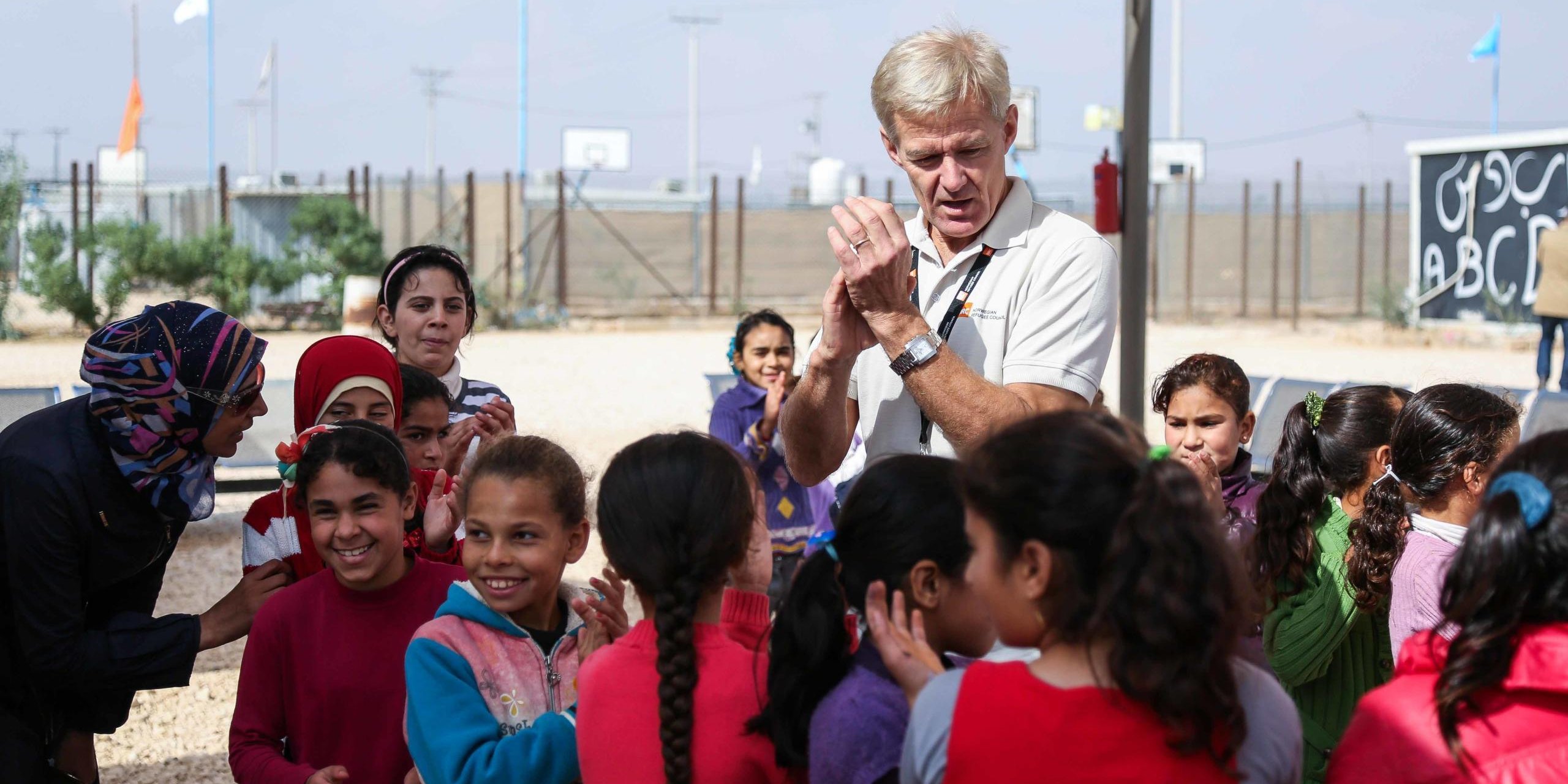
Syrian families have endured some of the most brutal and senseless violence of our generation. A staggering 250,000 people have been killed in the war, 50,000 in the last year alone. Seventeen million Syrians now need humanitarian assistance. Conflict parties continue to use siege and starvation as a weapon of war; the UN reports that nearly half a million people are trapped in besieged areas that are cut off from aid.
We now stand at a pivotal moment in the Syrian conflict. The past weeks have finally seen a concerted US-Russia led push for an end to hostilities, and access to towns cut off from assistance. It is not the first time that leaders responsible for the war have met around a table, but it is the most promising push for peace so far.
After ministers met in Munich on 11 February, lifesaving aid was delivered to 135,000 people in nine besieged areas. Many families received water, medicine and food aid for the first time in 18 months. Relief groups plan to reach over a million more people trapped in hard-to-reach areas in the coming weeks. We have shown that it is possible to halt the fighting and deliver aid to besieged communities, if regional and global powers exert enough pressure.
But this moment of opportunity is undeniably fragile. Syrians have witnessed countless false ceasefires that were used as opportunities to further military ambitions. Each time innocent families carried the brunt of the violence that followed. For years these families have been subject to deliberate deprivation of aid and basic services.
While political leaders push for peace, we must have unrestricted access to Syrians trapped in the conflict. Only 10 per cent of requests for access by aid group in the past year were approved by warring parties. When aid trucks reached besieged towns in January, the world witnessed these war crimes firsthand. Heartbreaking pictures of starving children in Madaya shocked us deeply.
We must be able to pre-position aid, vaccinate children, and safely evacuate the sick and wounded from towns like Madaya. The sabotage of humanitarian assistance is an utter indictment by the parties to the conflict, and a blatant disregard of the UN Security Council resolutions to allow access to civilians.
Our expectation of world leaders in the coming weeks is tremendous. Regional and global powers must ensure that armed groups - many of whom they have armed - lay down their weapons. They must find a political solution to the war once and for all.
Five years is a long time in the life of a child. In five years a child learns to walk, talk and begin to make sense of the world around them. What does 1,500 days and nights of horror look like to a five-year-old Syrian child? The bloodshed must come to an end. The next generation of Syrians depends on it.
Jan Egeland is Secretary General of the Norwegian Refugee Council, and a United Nation’s Special Adviser on Syria.


